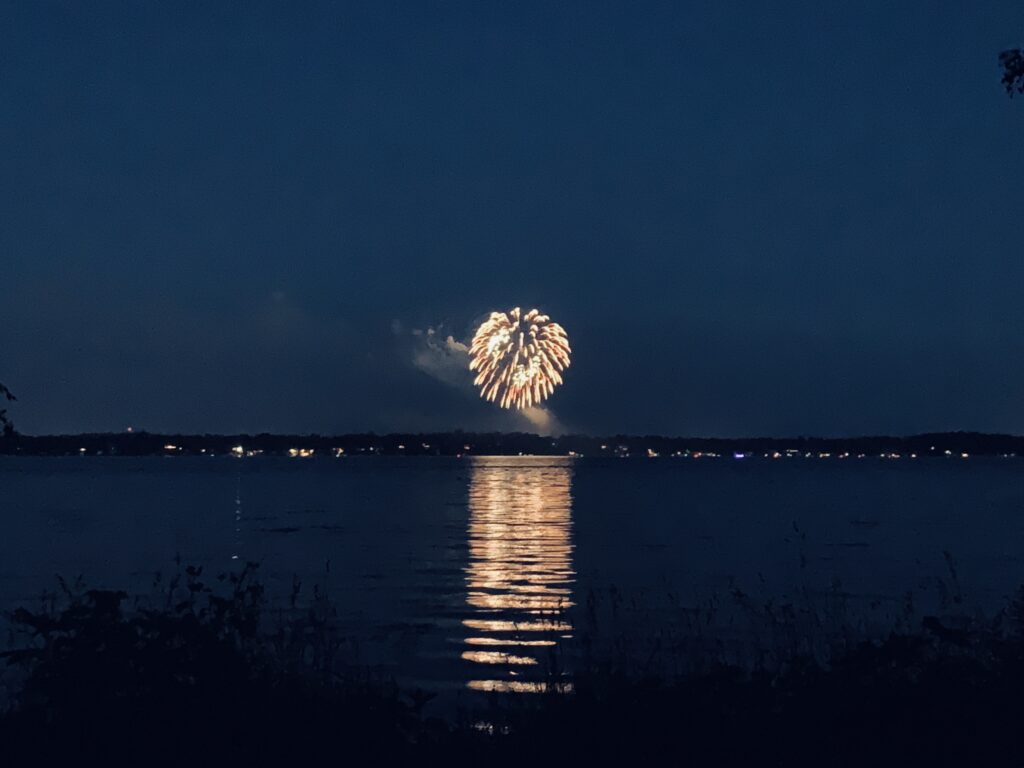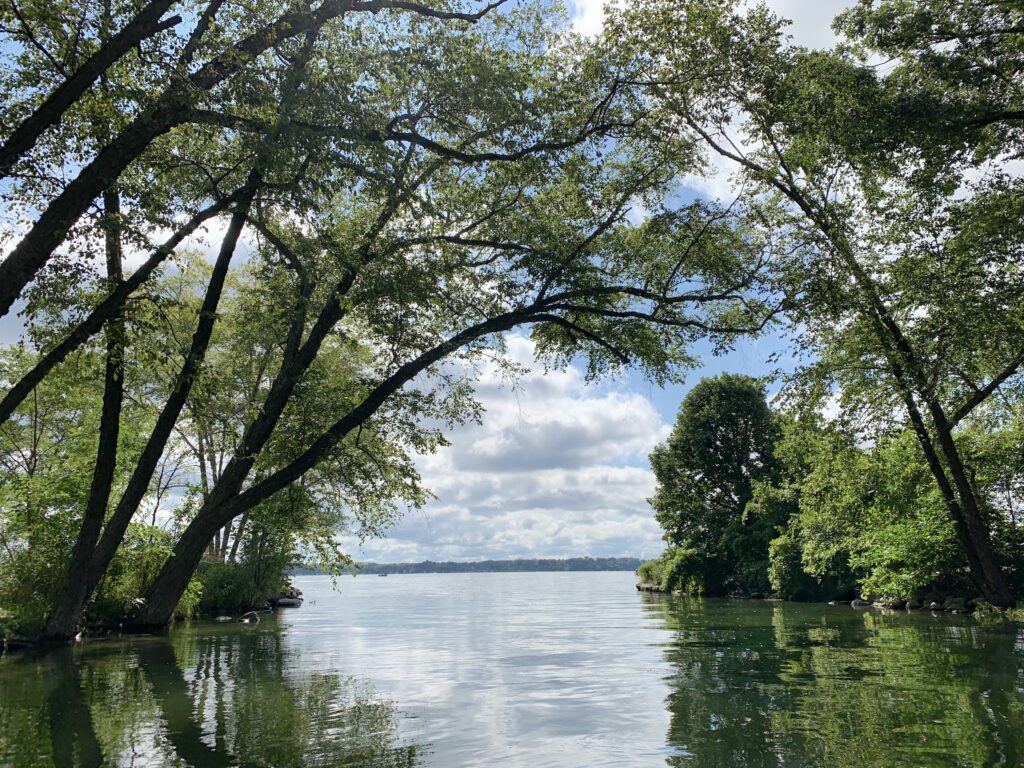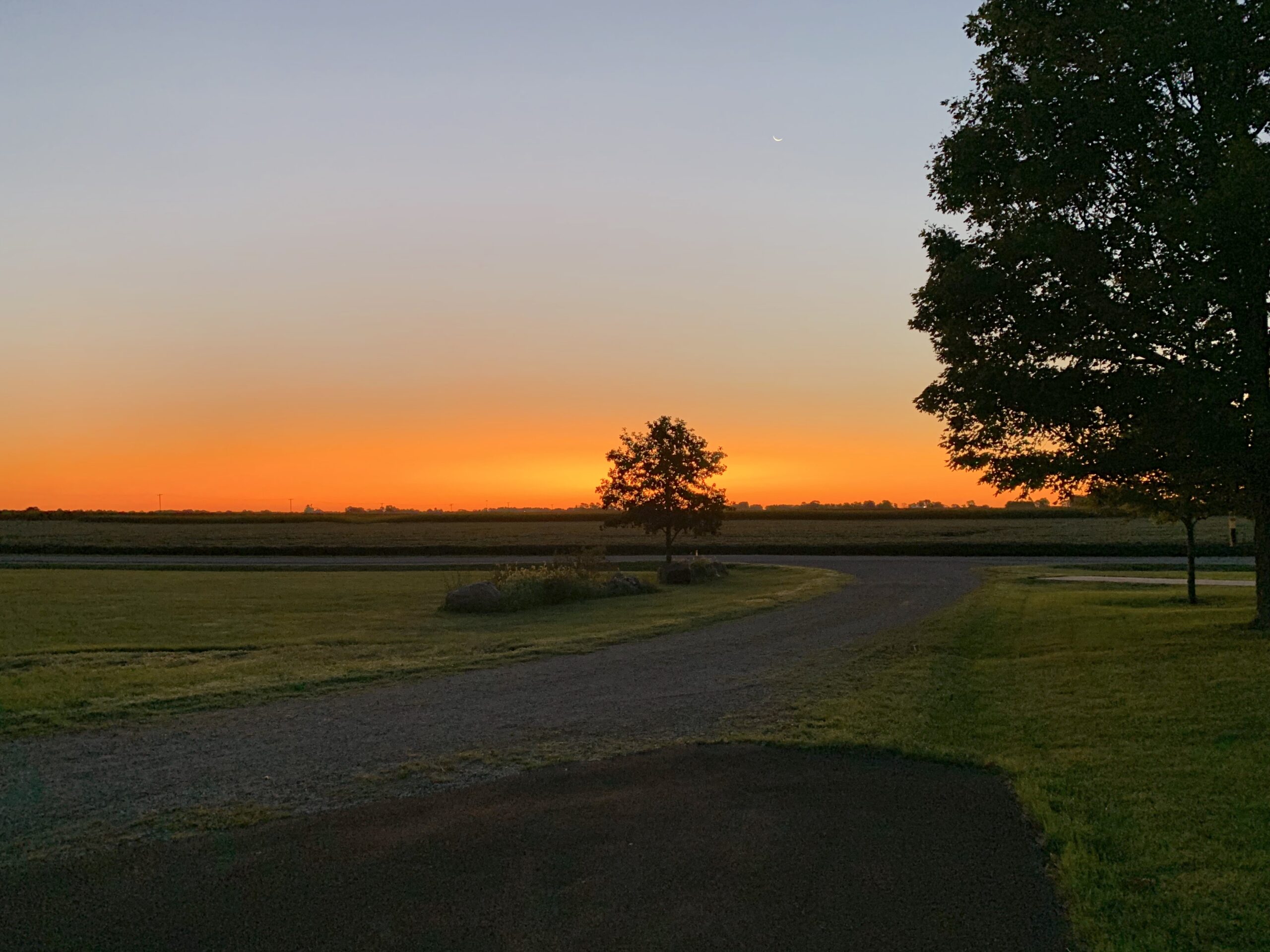I think light is pretty important, but it seems I don’t know the half of it.
I am currently reading LIGHT: A Radiant History from Creation to the Quantum Age by Bruce Watson. The book is of the micro-history genre, an in-depth look at an intensely focused topic. This time, the topic happens to illuminate a subject about which I have intense interest and the book has deepened my understanding of the history of light.
In the beginning, it was all about light.
I knew that the Greek Titan Helios rode his flaming chariot into the sky each morning to begin the day, that the Egyptians worshipped the sun god RA, and that the first words of the Hebrew God were “Let there be light.”
I did not recognize that the God of the Bible created Light first…and the sun and moon three days later. Light, it seems, was even more fundamental than the universe itself.
I did not know that many creation narratives required re-starts like the great flood, but that light was never re-made. It was good from the beginning.
I did not know that the early Mandeans worshipped the King of Light, that Mithraists hoped to reach heaven by inhaling light, that the Envoy of Light Mani had followers from India to Rome called “beings of light” thousands of years ago.

Zoroaster preached that the universe was created out of infinite light.
St. Augustine used the Latin terms lux (direct light) and lumen (reflected light) more than 4,000 times in his writings.
The phrase “God is the light of the heavens and earth” could be from many religious texts but is from a chapter devoted to light in the Quran.
Aristotle pondered light but could not grasp it. The legend of Archimedes describes his use of light to burn enemy ships. Only in the Dark Ages did we slow our pursuit of understanding even while we invented gothic flying buttresses to allow more light into our cathedrals.
Humanity’s fascination with light was rekindled during the Age of Enlightenment.
We even use light as the defining term of the era. Galileo, Copernicus, Kepler, DaVinci, Descartes…all intensely studied light.

Isaac Newton is perhaps best remembered for an apple falling on his head, but he was also the first to discover that white light does not exist but is rather the result of all the colors of the rainbow added together.
Light eluded our understanding into the modern era.
Edison was one of many attempting to make electric light, but when he succeeded we still did not understand light itself.
Light was Einstein’s fascination. Calculations proved again and again that light was constant. How could this be? While pondering this conundrum, Einstein had a sudden realization: if light was constant, then time must be relative. E=mc². C is the constant in Einstein’s relativity. Light.
And now? As I’ve written before, light is the basis for life as we know it, the energy that keeps our planet warm, the extraterrestrial element that sparks photosynthesis and our entire food chain. Light organizes our days and measures our roads. Light makes our eyes useful and can re-shape them with lasers.
I like to say that light can help us live better lives. But from the beginning, it is clear that light is much more essential, more fundamental to our existence.
Light can help us live.

